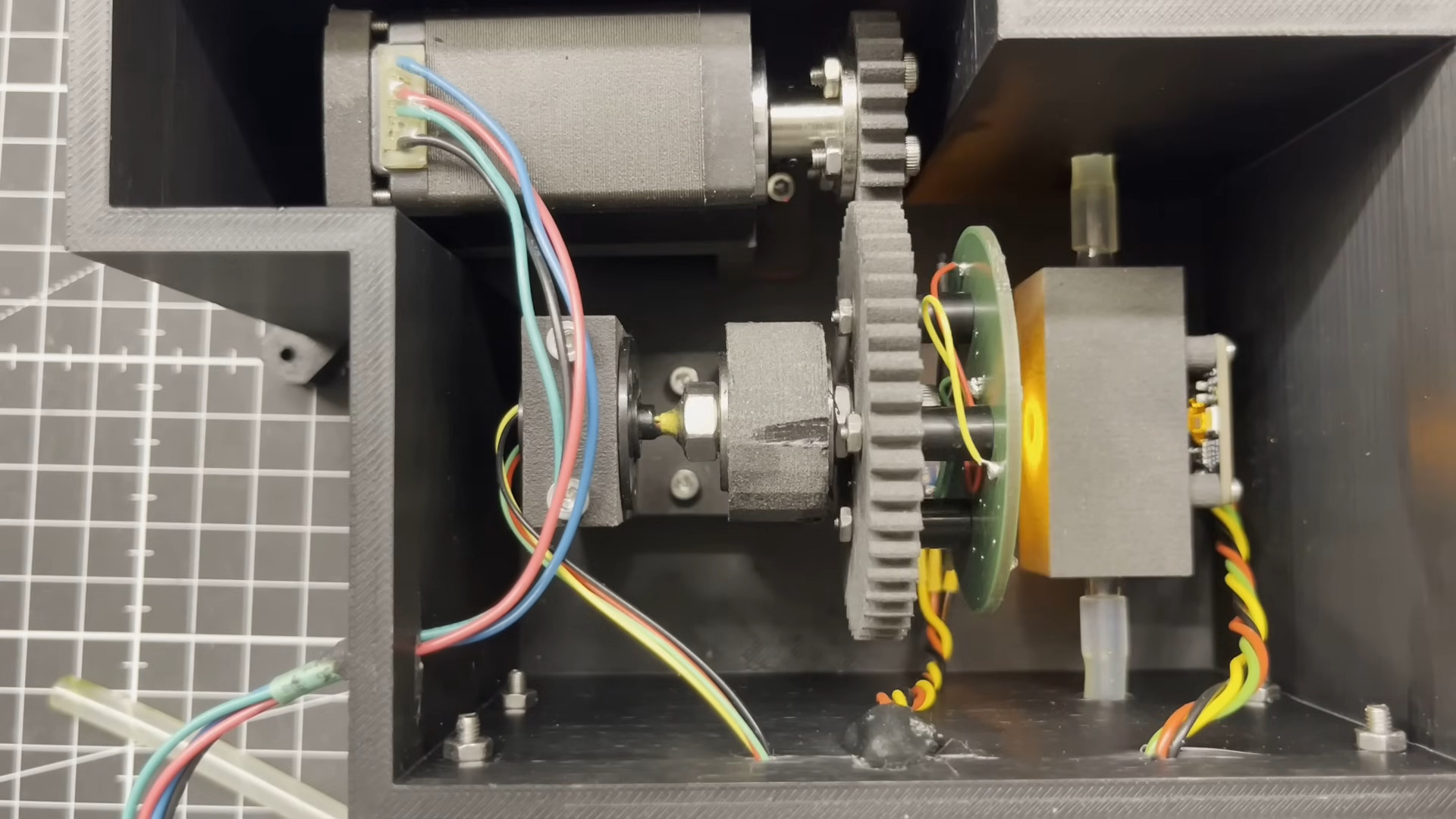
The government is considering an amendment in the Income Tax Act as part of Budget 2025 to simplify the taxation regime for foreign semiconductor firms, aiming to attract global companies and boost semiconductor manufacturing in India. The proposal is set to introduce a presumptive taxation scheme under Section 44, a move that could make India a more appealing destination for foreign firms looking to set up semiconductor manufacturing operations, a senior government official said. “We will study what the profit margins are for semiconductors and consult with the industry as well.
This is a simplified taxation system, and once it’s implemented, their expenditure becomes immaterial. They are paying tax only on turnover, and the assessing officer will not need to examine it further, which makes it easier for foreign companies,” the official told Moneycontrol, requesting anonymity. The proposed amendment, expected to be part of the Finance Bill 2025, is designed to simplify compliance for foreign semiconductor firms and position India as a leading hub for semiconductor manufacturing.

The tax proposal aligns with the government’s broader goal of developing India’s semiconductor ecosystem, encouraging participation from international players and fostering the transfer of global best practices in the sector, he said. The presumptive taxation scheme, already in place for industries like oil companies and shipping, allows foreign entities to calculate their income as a percentage of their turnover, bypassing the need for detailed accounting. Under this scheme, the corporate income tax (CIT) rate for foreign companies, typically 35 percent, would be applied to a fixed percentage of their turnover, making tax calculations much simpler and more predictable.
The Ministry of Electronics and Information Technology (MeitY) suggested the tax amendment to simplify the regime for foreign companies planning to set up labs and manufacturing units in India. “MeitY had sent some suggestions for semiconductors to simplify the taxation regime so foreign companies can set up labs over here. They are asking for a simple regime of taxation,” the official said.
In a previous instance, the scheme was extended to cruise ships in the July 2024 Budget. Under this arrangement, cruise ships were allowed to calculate their income as 20 percent of the revenue they generated from passengers rather than calculating income based on detailed financial records. This simplified method, the government believes, can now be adapted for semiconductor companies, with the percentage rate to be determined after studying the industry’s profit margins, he said.
“The goal is that 100 percent of electronic manufacturing should happen in India. India will make semiconductor chips and the finished product, too. India’s semiconductor ecosystem is a solution not just for India’s challenges but also for global challenges,” Prime Minister Narendra Modi said during a statement on September 11, 2024.
The new tax regime is likely to make it easier for foreign semiconductor companies to set up operations in India, where the demand for semiconductor components is increasing, fuelled by the country’s growing electronics and technology sectors. By attracting global semiconductor giants to establish production in India, the government hopes to not only meet domestic demand but also strengthen the country’s position in the global semiconductor value chain. This move is likely to follow the series of initiatives by the government, including financial incentives and policies, to foster domestic semiconductor manufacturing and reduce India’s dependence on imports in a sector that is crucial for everything from consumer electronics to electric vehicles and telecommunications.
Moneycontrol has sent emails to Finance Ministry and Ministry of Electronics and Information Technology seeking comments, which will be updated in the story when received..















